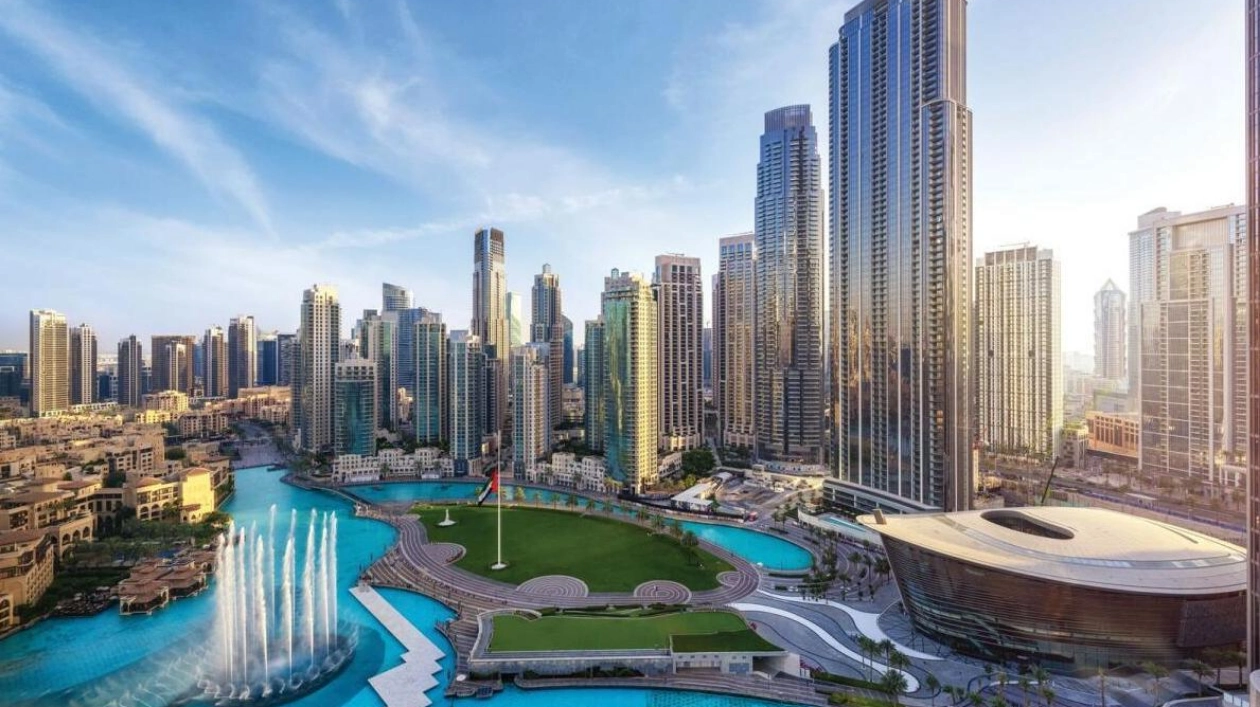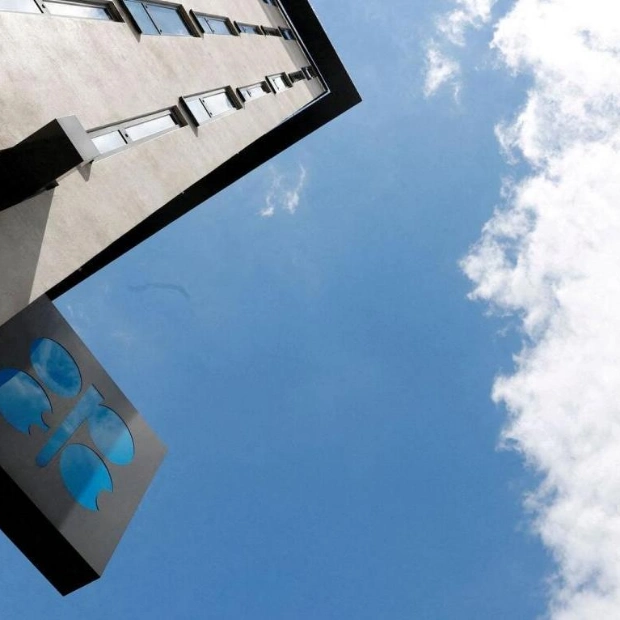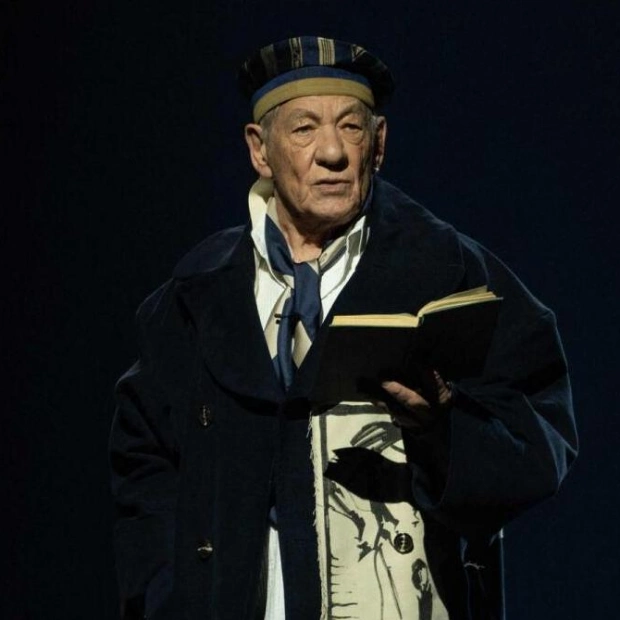As Dubai's property rental market continues to surge, tenants are increasingly choosing multiple cheque payments to manage their expenses. The preference for 4-plus cheque payments has grown significantly compared to last year, as tenants seek to cope with rising costs, according to industry experts. However, this flexibility comes at a price, with some landlords raising rates for those who opt for this payment method.
Data from real estate consultancy Allsopp & Allsopp reveals that in the third quarter of 2024, there was a notable increase in tenants opting for four or more cheque payments. Specifically, six and eight cheque payments saw increases of 33% and 36%, respectively, compared to the same period in 2023. Rental payments involving four-plus cheques accounted for 32% of all contracts, a shift from the one cheque payment trend observed last year.
Lewis Allsopp, chairman of Allsopp & Allsopp, noted that this trend indicates tenants' willingness to pay higher amounts when given flexible payment options, especially for premium, high-quality communities. This also reflects increased market liquidity, driven by new residents relocating to Dubai.
Allsopp added that a notable trend in the third quarter was the rapid influx of rental listings, with a 13% increase over the previous quarter. With more properties available, landlords have been offering flexible payment plans, with 4-plus cheque payments becoming the most popular option, accounting for 32% of all contracts.
Rents in Dubai have reached record highs due to unprecedented demand from professionals and high-net-worth individuals moving to the emirate. Prathyusha Gurrapu, head of research and consulting at Cushman and Wakefield Core, explained that many tenants are opting for multiple cheques to better manage their costs amid rising rents.
According to Allsopp & Allsopp, rental demand continues to outpace supply, leading to higher rental prices. To manage these costs, tenants are increasingly spreading their rent payments over multiple instalments.
Lewis Allsopp highlighted that the growing population, many of whom are accustomed to monthly rental payments, and the introduction of the Noqodi system, which facilitates direct debit payments, have made multiple payments more appealing to both landlords and tenants.
However, Prathyusha Gurrapu noted that the market remains landlord-friendly, with many preferring fewer cheques. Large institutional landlords, like Wasl, are more flexible, offering monthly payment options and accepting various payment methods.
As rental prices rise across the city, landlords have become more lenient, allowing tenants to spread payments across 1 to 12 cheques. This flexibility often comes with higher rental prices, particularly for payments spread over four or more cheques.
Allsopp also pointed out a new trend of tenants opting for ultra-luxury rentals, driven by the limited availability of properties for purchase in prime locations. High-end areas like Downtown Dubai, Dubai Marina, and Business Bay are seeing steady growth, as tenants are willing to pay premium rents for the quality of life these locations offer.
Rents have surged since the pandemic, fueled by the influx of high-net-worth individuals. The demand for ultra-luxury property has led to 90 homes worth over $10 million being sold in the third quarter of 2024.
With the number of millionaires expected to double over the next decade, experts predict the premium market will continue to thrive, experiencing unprecedented growth.






